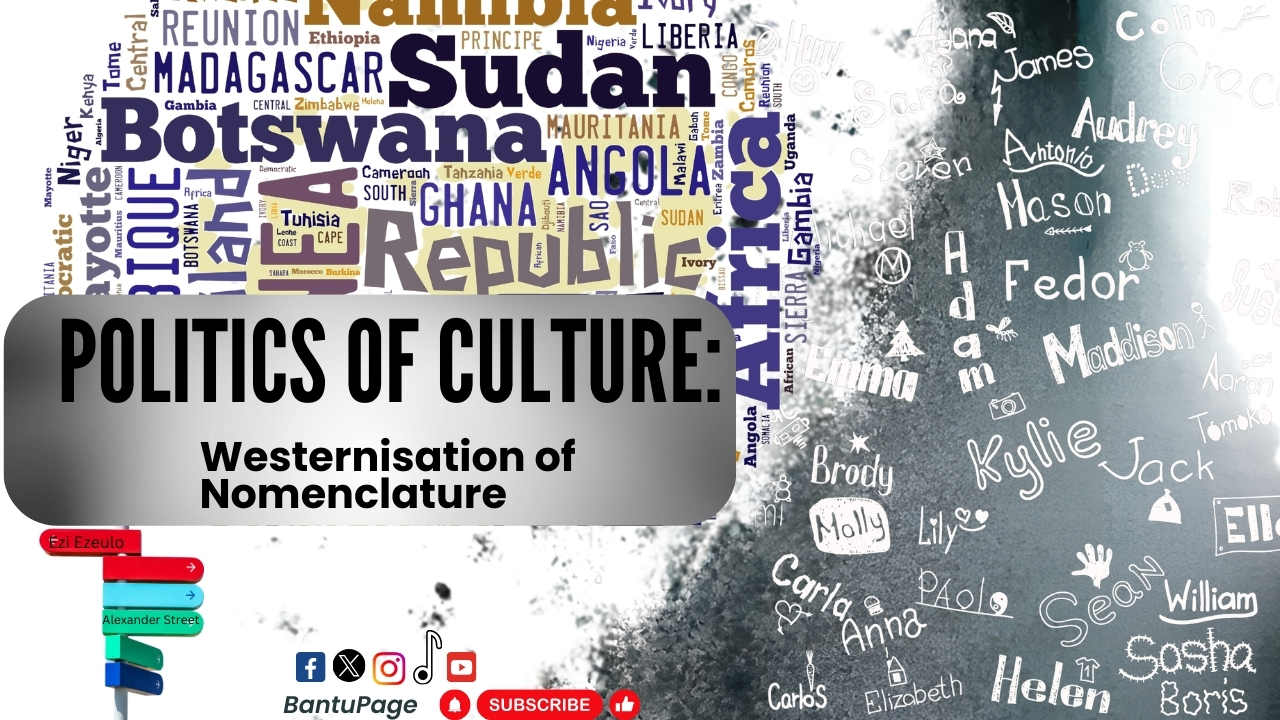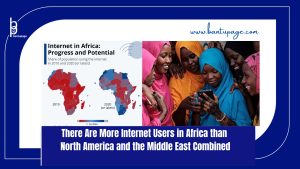
From Mgbeke to Keke; from Ezi Ezeulo to Alexander Street
Naming is an age-long tradition. It is as old as the hills. Many cultures have naming ceremonies, which can sometimes be religious or influenced by religion, as in the case of the Hausa, whose Islamic influence gave them the “Tasmiyah,” a Muslim naming ceremony where a name is chosen with a strong emphasis on the meaning impacting the child’s life. On the other hand, Christians have christening through baptism, where a child is often named after a Biblical saint. This brings us to the crux: Why are all the saints white (Caucasian)? Why do Africans abandon their names for a colonial one? Does one’s name affirm their religiosity? Is belief quantifiable?
In precolonial Igbo society, Igu Afa (naming) is among the numerous things in line when a child is born. This is done depending on the smallness or largeness of one’s pocket. Some have names in mind before the child’s birth, while older family members contribute in some cases. This is why some children or adults bear names given by a father, mother, grandmother, or grandfather, as the case may be. Comparatively, names had a more concentrated meaning in precolonial Igbo society than in this “woke” era. There may be situations and deep-seated mysteries surrounding the birth of a child, hence the name. One’s name depicts a whole lot—origin, history, belief, and many more. This signifies the importance of the name not just in religion or African society but in the whole macrocosm. Sadly, the flood of colonialism has washed off almost everything, leaving us with a small quantity of nothing.
In pre-colonial Africa, one’s name spells his definitive origin. Their names made it easily deducible where someone was from within the continent. Africans had no trouble identifying fellow Africans; your name was almost certainly aligned with your ethnicity, e.g., Zulu, Shona, Xhosa, Igbo, Yoruba, Hausa/Fulani, Amhara, Kanuri, and many more. The colonial authorities used the church as a tactical weapon to rob Africans of their identity and culture. How can one be converted to Christianity and, on the other hand, be asked to throw away their names because it is considered “diabolic” or rather “ungodly” and thus be persuaded to pick Christian names that were mainly European? In other words, Europeans are inherently godly, and Africans are not.
Is there an Adeniji, Ciroma, or Okafor Street in the United States of America, the United Kingdom, France, or Germany? On the other hand, we see a place or a whole metropolitan city and municipality in Africa named after white people, like Victoria Island in Lagos and St. Petersburg in South Africa. The British, French, and Germans have no qualms about simplifying their names for others to pronounce; why do black Africans do that? An average African man would change his name in the slightest circumstance to suit the dictates of the whites when there is no reciprocity from the latter. The situation has worsened so much that this now takes place in Africa without the presence of a white man. Africans are the ones who do it, both within Africa and among Africans. How did we get to this point?
Just like someone rightly stated, you would never see an African man bear names from different African ethnicities. For example, have you ever seen an Ijaw bearing a Shona name? The Ijaw and Shona would boldly borrow Western names and pass them on from generation to generation. Although the English language has come to stay, does this imply that other languages should go extinct? Does it also mean that African culture ought to be Westernised? In the 90s, it was so prolific that Chinua Achebe wrote, “The white man is very clever. He came quietly and peaceably with his religion. We were amused at his foolishness and allowed him to stay. Eventually, he won our brothers, and our clan could no longer act like one. He has put a knife on the things that held us together, and we have fallen apart.” This religion permeated culture, education, politics, and other facets of livelihood among Africans.
By Chidimma NWAFOR





